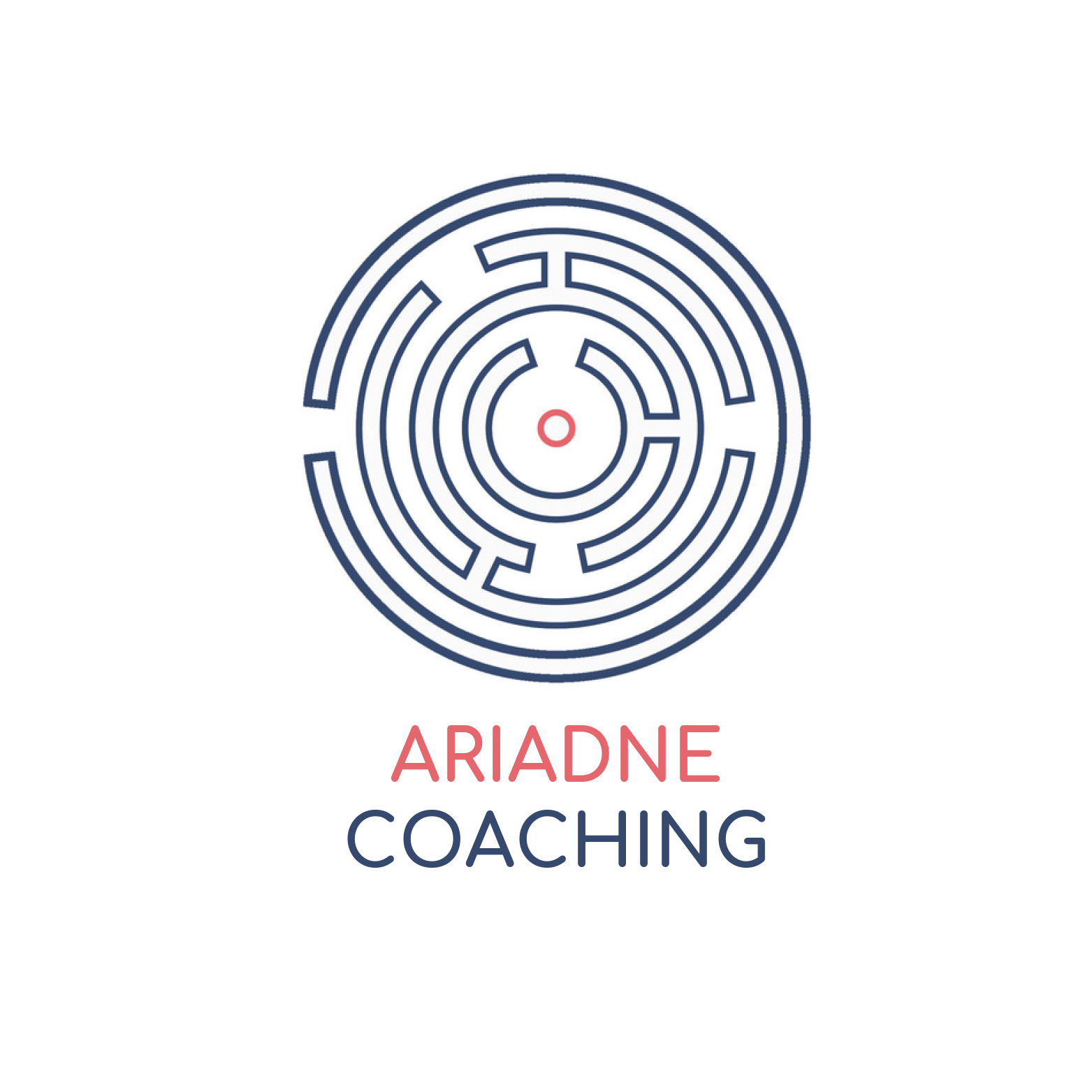Silence is Golden in Empathic Listening
Today, I want to share a personal anecdote and a coaching story, as an illustration of the power of silence and the importance of empathic listening in developing better relationships with others and creating deeper connections.
A few years ago, fresh out of my coaching training, I was eagerly awaiting a call from one of my clients. I picked up on the first ring, but the voice on the other end of the line was nowhere near as cheerful as mine. In fact, I even heard a break in my coachee’s voice. He shared with me: “I just found out that my father has passed away. I don't think I'm going to be able to be coached today". The news felt like a blow. How horrible. Of course, now was not the time to have a coaching session! After offering my sincere condolences and giving my client my full support to overcome this ordeal, we quickly ended the call.
A week went by and my coachee sent me an email: "Virginie, do you think you could coach me throughout my grieving process?" At first, I didn’t know what to say. I never imagined I would coach around issues of loss and grief. In our first session, we had talked about exploring limiting beliefs such as fear of failure and supporting him to take action and make aligned decisions. How could I be a grief coach and avoid falling into therapy? Would I even be able to coach a mourning person? How would I manage my own emotions and be fully present for him? After further consideration, I suggested that we schedule a short call to talk about how he imagined coaching to be helpful for him at this difficult time.
Right from the start, he told me: “I'm not looking for therapy. I just need to find ways to live with my pain. And I want to think about ways I can honor my dad’s legacy.” What followed was one of the best sessions I have ever had in my coaching career. An honest, open conversation, marked by silences in which my coachee stayed with his grief and welcomed every feeling without judgement.
Empathic listening really is about intention.
Empathic listening really is about intention. An intention to offer compassion to the other person, and also to oneself. An intention to just be and open a space for listening fully and without trying to compare or find solutions to ease the pain. An intention to let the other freely express themselves, at their own pace. Empathic listening is a presence where we welcome all parts of the other, at the same time that we welcome all parts of ourselves. Together we set the foundations for an authentic dialogue in which we learn to be comfortable with the silences and we accept to slow down in order to look within.
Instead of looking for the right word and trying to fill in silences, I held space and gave emotions a rightful place to exist.
During our coaching call, I welcomed the tears, the sighs and the smiles. It was in his unspoken words and in their absence, in his breath and in his pauses, that courage became possible. We have had many conversations since that first coaching conversation. The silences gave way to storytelling, to sharing with vulnerability and to a creativity fueled by love to find a thousand ways to honor his dad’s memory.
Today, I know that coaching around grief is not only possible, it has been one of the most powerful learnings of my life.
Empathic listening skills can be developed when you accept and learn that being there for others is enough. Without any artifice necessary. In silence and in active listening, giving others all the space they need, without trying to find solutions for them, without taking their place, without saying their words.
Today when I have the urge to intervene instead of listening, or when I am in a hurry to act instead of slowing down, I try to think back to this moment and to the gift that my coachee gave me: Understanding that sometimes silence is louder than words.
* To learn more about empathic listening, also called "active listening", I invite you to discover Carl Rogers’ work. Rogers is the founder of the humanistic development and father of client-centered therapy. Check out his two books: “On becoming a person” as well as “Active listening”.
